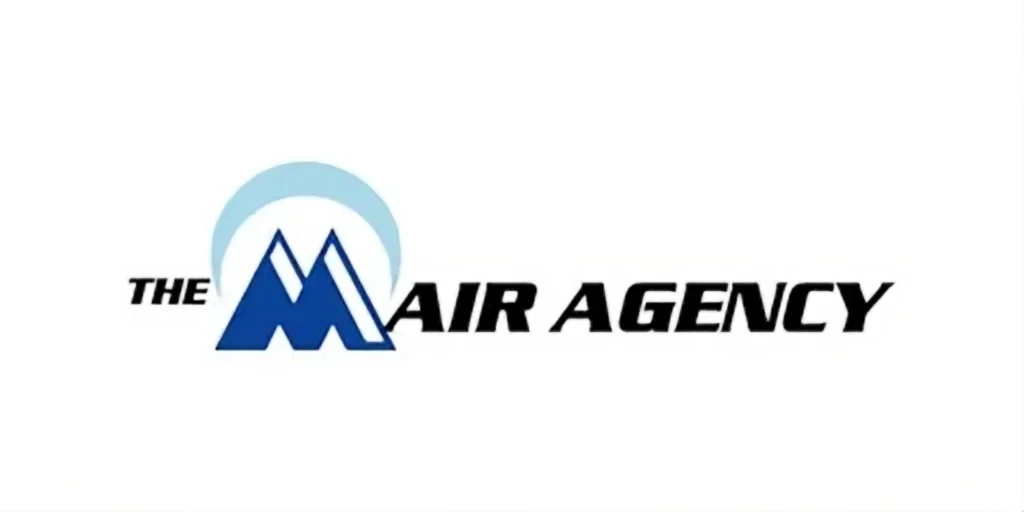Respiratory syncytial virus (RSV) is a common virus that can lead to serious respiratory illnesses, especially in infants and older adults. The development of vaccines to protect against RSV is a significant advancement in public health. As these vaccines become available, understanding coverage options under Medicare and other insurance plans is crucial for those eligible to receive them. This article explores the details of Medicare coverage for the RSV vaccine, costs, eligibility, and other pertinent information.
Learn More About Coverage With Our Free Medicare Course
Understanding RSV and Its Impact

What is RSV?
Respiratory syncytial virus (RSV) is a highly contagious virus that affects the respiratory tract. It is a common cause of respiratory illness in people of all ages, but it poses a significant risk to certain populations, including infants, young children, older adults, and individuals with weakened immune systems.
Symptoms of RSV
RSV symptoms are similar to those of a common cold and may include:
- Runny nose
- Coughing
- Sneezing
- Fever
- Wheezing
In severe cases, RSV can lead to serious conditions such as bronchiolitis or pneumonia, requiring hospitalization.
Why is the RSV Vaccine Important?
The RSV vaccine is crucial because it provides a means of preventing severe RSV infections, reducing hospitalizations, and potentially saving lives. This is especially important for vulnerable populations, such as the elderly and those with underlying health conditions, who are at higher risk for complications from RSV .
Medicare Coverage for the RSV Vaccine

Will Medicare Pay for the New RSV Vaccine?
Yes, Medicare does cover the new RSV vaccine under certain conditions. Specifically, the RSV vaccine is covered by Medicare Part D, which provides prescription drug coverage. Beneficiaries enrolled in a Medicare Part D plan can receive the RSV vaccine at pharmacies and other approved locations .
Coverage Details
Medicare Part D covers the cost of vaccines, including the RSV vaccine, as part of its preventive care benefits. However, coverage details can vary depending on the specific Part D plan. Beneficiaries should check with their plan provider to confirm coverage specifics, including any potential copays or requirements.
Is the RSV Vaccine Covered by Medical Insurance?
In addition to Medicare, most private insurance plans cover the RSV vaccine as part of their preventive care services. Under the Affordable Care Act, vaccines recommended by the Advisory Committee on Immunization Practices (ACIP) are covered by most insurance plans without a copay or deductible, provided the vaccine is administered by an in-network provider .
Cost of the RSV Vaccine

How Much Does an RSV Vaccine Cost?
The cost of the RSV vaccine can vary based on several factors, including location, healthcare provider, and insurance coverage. On average, the retail price of the RSV vaccine is estimated to be between $200 and $300 per dose without insurance coverage. However, for those with Medicare Part D or private insurance, the out-of-pocket cost is typically much lower, often covered entirely under preventive care benefits .
Factors Influencing Cost
- Insurance Coverage: The extent of coverage provided by Medicare Part D or private insurance can significantly impact the out-of-pocket cost for beneficiaries.
- Provider: Prices may vary between healthcare providers and locations.
- Administration Fees: Additional fees may be associated with administering the vaccine.
Duration and Effectiveness of the RSV Vaccine

How Long is the RSV Shot Good For?
The RSV vaccine is designed to provide protection throughout the RSV season, which typically occurs during the fall and winter months. The duration of immunity may vary among individuals, but studies indicate that the vaccine offers protection for at least several months after administration. Ongoing research continues to assess the long-term effectiveness and potential need for booster doses in subsequent years .
Effectiveness
Clinical trials have demonstrated that the RSV vaccine is effective in reducing the incidence of RSV-related illness and hospitalization, particularly among high-risk populations. The vaccine’s efficacy contributes significantly to preventing severe outcomes and reducing the overall burden of RSV .
Eligibility for the RSV Vaccine

Who Qualifies for the RSV Shot?
The RSV vaccine is recommended for specific groups who are at increased risk of severe RSV infection. These include:
- Older Adults: Individuals aged 60 and older are eligible for the RSV vaccine, as they are at a higher risk for severe illness and complications from RSV.
- Individuals with Chronic Health Conditions: Those with underlying health issues, such as chronic lung disease, heart disease, or weakened immune systems, are encouraged to receive the vaccine.
- Infants and Young Children: While the RSV vaccine for adults is the focus here, there are preventive measures available for infants and young children, such as monoclonal antibody treatments.
Accessing the Vaccine
Eligible individuals can receive the RSV vaccine at pharmacies, clinics, and healthcare providers’ offices. It is important to verify with your healthcare provider or pharmacy regarding the availability of the vaccine and any specific requirements for administration .
Conclusion
The RSV vaccine represents a significant advancement in preventing serious respiratory illnesses caused by the respiratory syncytial virus, particularly among high-risk populations such as older adults and those with chronic health conditions. Medicare, through Part D, and most private insurance plans provide coverage for the RSV vaccine, making it accessible and affordable for many individuals. Understanding the details of coverage, costs, and eligibility criteria is essential for those seeking protection against RSV. Always consult with healthcare providers and insurance representatives to ensure you have the most current and relevant information regarding your vaccination options and coverage.
Learn More About Coverage With Our Free Medicare Course




